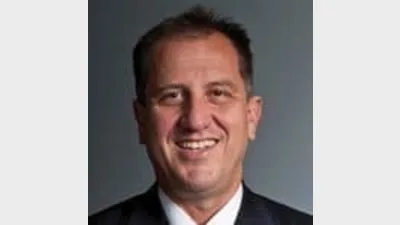Principles already ingrained in boutiques



The Boutique Financial Planning Principals' Group (BFPPG) will not be submitting its own code of conduct to the Australian Securities and Investments Commission for approval.
According to BFPPG president Wayne Roggero, membership of the Financial Planning Association (FPA) continues to be a requirement for BFPPG members.
"As a smaller organisation we don't have the resources [to enforce a code of conduct]. So we're basically leveraging off the FPA's resources, thereby ensuring the quality of our members," he said.
Roggero added that the BFPPG was impressed with the FPA's draft code of conduct, and would be making a submission to the industry body.
Pathway Licensee Services general manager Kate Humphries, who works with planners in the boutique space, said the principles enshrined in the industry's codes of conduct are already ingrained in boutique planners.
"It's really an ethical necessity, and it should be a cultural aspect of giving advice that there are certain things that should come naturally without needing to be contained within a code," said Humphries.
The planners she talks to are happy to "come on board" with an industry code, but they "just don't think it's a very big stretch from what we're doing at the moment".
In addition, boutique operators have a preference for codes of conduct that are prescriptive rather than principles-based, she said.
"[They say:] Give us tools and things that we can use so that we know that we're meeting the compliance rules in our business. [The principles are] already ingrained in us, and we are going to be doing everything with the client's interests at heart," she said.
Recommended for you
The Financial Advice Association Australia has appealed to licensees to urgently update their FAR records as hundreds of advisers are set to depart by the end of the year.
Demand for robo-advice tools is rising, a report has shown, but this is occurring simultaneously with rising demand for professional face-to-face advice.
ASIC has released the results of the latest financial adviser exam, held in November 2025.
Winners have been announced for this year's ifa Excellence Awards, hosted by Money Management's sister brand ifa.











